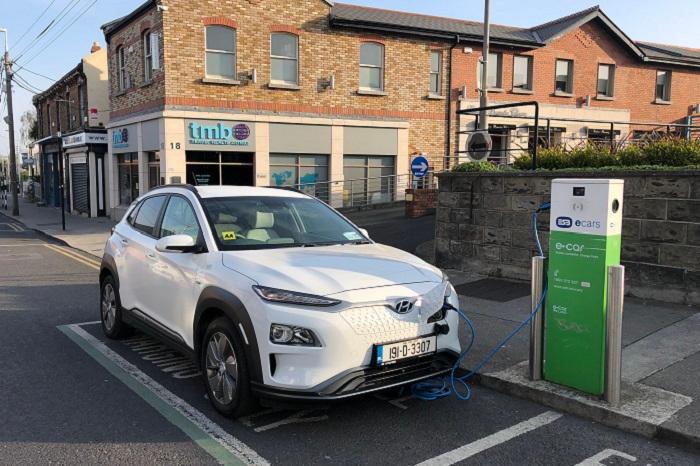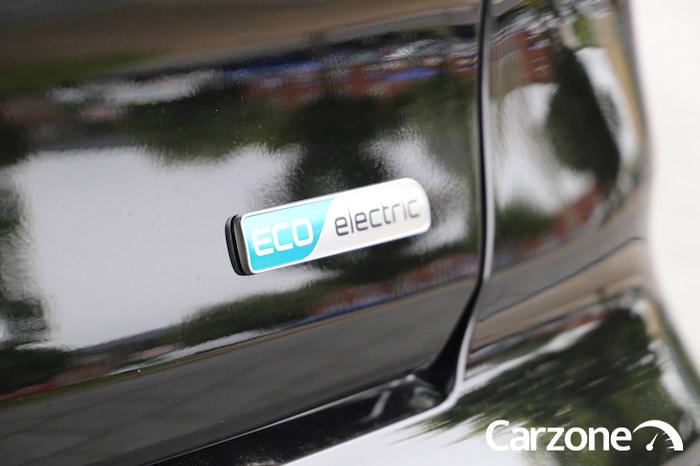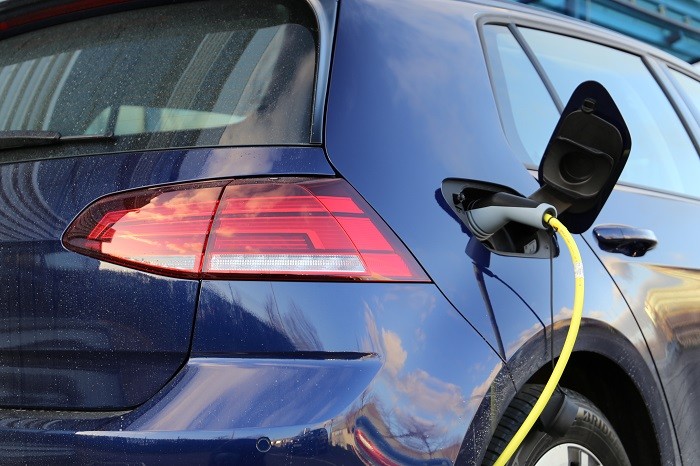One of the advantages to owning an electric vehicle (EV) is the super-low running costs, brought about by government taxes all being geared towards encouraging customers to make the switch to EVs from petrol and diesel cars. With no CO2 emissions or other harmful tailpipe gases, they benefit from the lowest road tax of €120 per annum. And they were also, until November 2019, free to charge in public places… but there has been a recent change to that status quo. So just how expensive is an electric car to charge?
If you charge your car at home, it feels like it is ‘free’ because you don’t pay on the spot, but of course you’re placing an extra drain on your domestic electrical supply and the rough figure is that, if you do 20,000km per annum and charge your car on a domestic socket or a wall charger, you will be looking at an increased annual electricity bill of around €265 per annum, or €22 per month, if you take advantage of the lower unit cost of electricity on night rates (circa 10c per kWh of electricity used on average). That does compare well to a conventionally fuelled car, which would cost around €1,100, or €92 per month, based on fuel prices in the €1.35-€1.40 bracket. So, you’ll save money at home.
Similarly, at work, your employer may provide charging points that you can use for free, or maybe there’s a small, nominal fee your employer would ask for, but either way it won’t cost much to charge a car at your place of work and there’s no benefit-in-kind taxation to worry about right now, either.
The big change has come on the highways. Prior to November 18, 2019, there were 1,200 free-to-use public charging stations on the streets of the island of Ireland (300 of which are in Northern Ireland), but the ESB introduced a two-tier fees system at the end of last year. You can either pay-as-you go, simply being charged as and when you need electricity for your car, at a rate of 33c per kWh, or you can register with the ESB and pay €5 a month for a rate of 29c/kWh. So if you’ve got a plug-in hybrid, like a Volvo XC90 T8 with the 11.6kWh battery, it would cost you around €3.06 for an 80 per cent charge on the non-membership rate on the streets; if you’ve got a Tesla Model S 100D, though, and you find one of the fast chargers, you’ll be looking at around €26.40 to charge it fully on the streets.
One thing to add to all this is that the pricing only applies to the faster 50kW chargers and the next generation of 150kW chargers that are on the way. The older 22kW chargers remain free to use, but there are plans to upgrade those in the coming months. Users of the high-performance IONITY charging network used to pay a fixed price per use, but that has recently been changed to 79c/kWh, though some car companies offer their own charging payment schemes to use the IONITY network. The Tesla Supercharger network charges owners 29c/kWh if they have no charging credits.
To go from free electricity to chargeable rates is obviously a big increase for early adopters of electric cars, but they’re still cheaper to run by a distance than conventional vehicles. The estimate is that a machine like a Nissan Leaf will be about 71 per cent cheaper to run than its equivalent with internal combustion over the course of a year of typical driving with toll roads and so on, with a figure of €1,550 of running costs comparing very favourably to €2,539 using the same variables and a typical C-segment hatchback.


